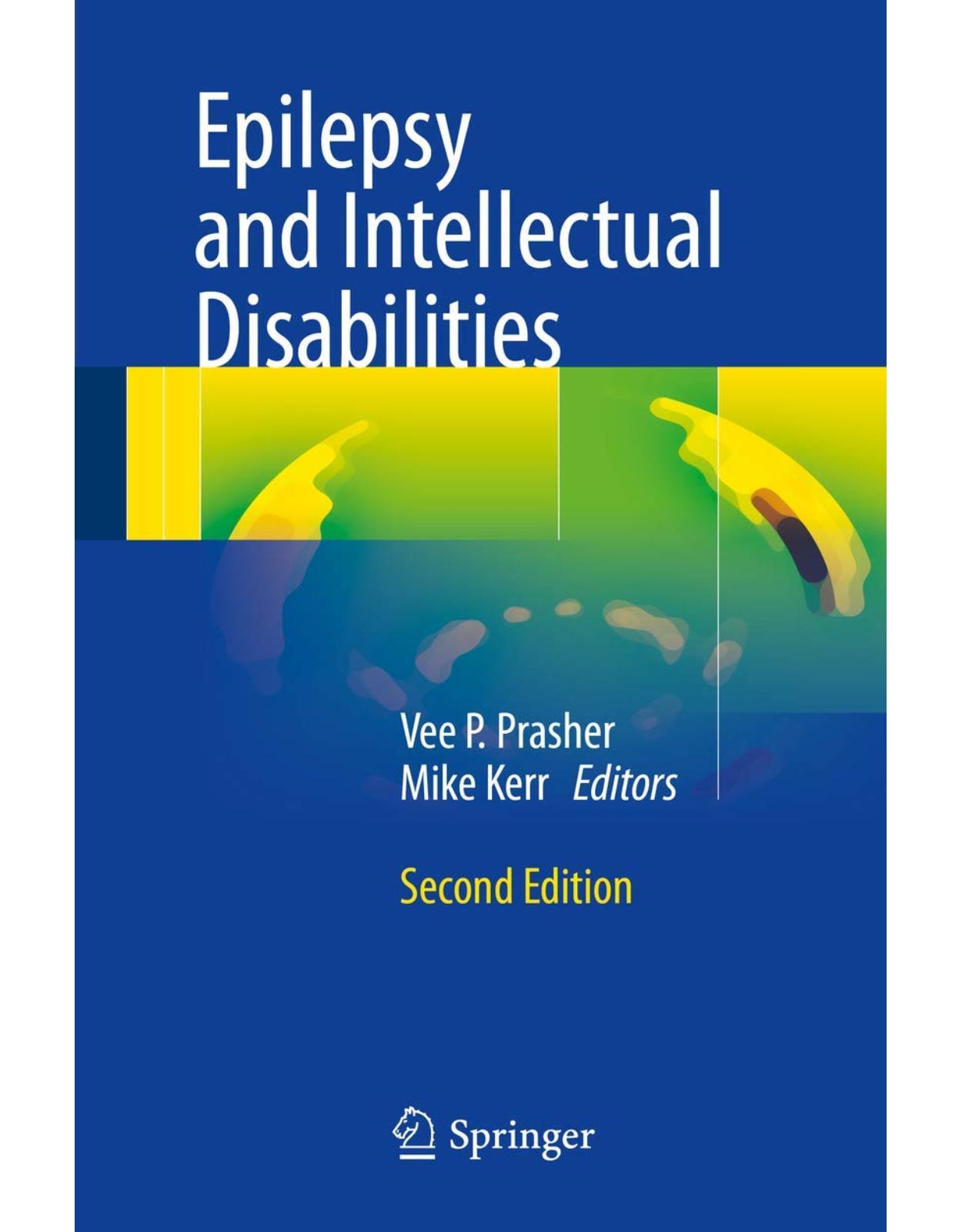
Epilepsy and Intellectual Disabilities
Livrare gratis la comenzi peste 500 RON. Pentru celelalte comenzi livrarea este 20 RON.
Description:
This second edition of a successful book provides updated clinical and research knowledge, including information on the licensing of new antiepileptic drugs. All chapters are updated to reflect present accepted practice. New chapters highlighting the importance of the genetic aspects of epilepsy, nonpharmacological treatments, and the impact of epilepsy on families and carers have been added. Ongoing developments in the general population, which will more likely than not become relevant to the intellectually disabled population, are discussed. The impact of epilepsy on the person themselves and their carers is acknowledged, and person-centred treatment programs with a multifaceted team approach are proposed. This book is aimed at physicians and residents in neurology and pediatrics, as well as other practitioners working with this population, such as neuropsychologists. Epilepsy and Intellectual Disabilities, Second Edition is recommended reading for all those caring for this important group of individuals.
Table of Contents:
Part I: Clinical Issues
Chapter 1: Introduction
Access to Care
Getting the Diagnosis Right
Treatment Issues
Psychosocial Issues
Delivering a Package of Care
Chapter 2: Epilepsy: A General Overview
Introduction
Definitions
Classification of Seizures
Generalised Seizures
Tonic-Clonic Seizures
Tonic Seizures
Clonic Seizures
Atonic Seizures
Absence Seizures
Myoclonic Jerks
Focal Epileptic Seizures
Classification of Epilepsy
Causes of Epilepsy
Genetic Epilepsy
Structural/Metabolic Epilepsy
Unknown Cause
Epidemiology
Incidence and Prevalence
Differential Diagnosis of Epilepsy
Syncope
Reflex Syncope
Orthostatic Syncope
Cardiac Syncope
Psychogenic Nonepileptic Seizures
Panic Disorder
Dissociative Seizures (“Pseudoseizures”)
Sleep Disorders
Sleep Disorders Misdiagnosed as Epilepsy
Epilepsy Misdiagnosed as Sleep Disorder
Investigation of Blackouts
Electrocardiogram (ECG)
Electroencephalography (EEG)
Common EEG Indications
Brain Imaging
Computed Tomography (CT)
Magnetic Resonance Imaging (MRI)
MRI Indications
Management
Living with Epilepsy
Sudden Unexpected Death in Epilepsy (SUDEP)
Driving
Photosensitivity
Neuropsychology
Special Client Groups
Intellectually Disabled
Neonates
Young Children
Teenagers
Elderly
Women
Conclusion
References
Chapter 3: Epidemiology of Epilepsy in Persons with Intellectual Disabilities
Introduction
Definitions and Variations
Learning Disability
Epilepsy
Overall Incidence and Prevalence of Epilepsy in the ID Population
A Note on Mortality
A Note on Concomitant Psychiatric Disorder
Some Syndromes of Developmental Disability Related to Epilepsy
Cerebral Palsy
Fragile X
Rett Syndrome
Disorders of Chromosome Region 15q11–q13
Tuberous Sclerosis
Down Syndrome
Some Epilepsy Syndromes Related to ID
Conclusions: Looking to the Future
References
Chapter 4: Diagnosis of Epilepsy in Persons with Intellectual Disabilities
Introduction
The Patient’s Medical History
Diagnostic Evaluation: Aims and Questions to Be Answered
Electroencephalography (EEG)
Neuroimaging
Summary/Conclusion
References
Chapter 5: The Differential Diagnosis of Epilepsy
Introduction
Classification of Nonepileptic Seizures and Events
Syncopes and Anoxic Seizures
Neurally Mediated Syncope
Reflex Asystolic Syncope: RAS
Vagovagal Syncope
Vasovagal Syncope
Breath-Holding Attacks
Hyperventilation Syncope
Orthostasis
Cardiovascular Syncope
Long QT Disorders
Psychological Disorders
Daydreams
Gratification and Stereotypies
Tantrums and Rage Reactions
Compulsive Valsalva
Out-of-Body Experiences
Eidetic Imagery
Panic/Anxiety
Psychogenic Nonepileptic Seizures (PNES)
Fabricated Illness
Derangements of the Sleep Process
Parasomnias
Non-REM-Related Parasomnias/Arousal parasomnias
REM Sleep Disorders
Sleep-Wake Transition Disorders
Head Banging and Body Rocking
Sleep Starts/Hypnic Jerks
The Narcolepsy-Cataplexy Syndrome
Paroxysmal Movement Disorders
Paroxysmal Dyskinesias
Paroxysmal Kinesigenic Dyskinesia (PKD)
Paroxysmal Nonkinesigenic Dyskinesia (PNKD)
Paroxysmal Exercise-Induced Dyskinesia (PED)
Episodic Ataxias
Familial Hemiplegic Migraine
Alternating Hemiplegia
Movement Disorders of Glut-1-Deficiency Syndrome
Migraine and Disorders Possibly Related to Migraine
Migraine with Visual Aura
Benign Paroxysmal Vertigo of Childhood
Cyclical Vomiting
Miscellaneous Neurologic Events
Tics
Myoclonus
Sandifer Syndrome
Cataplexy in Neurologic Disorders
Coffin-Lowry Syndrome
Conclusion
References
Part II: Treatment Issues
Chapter 6: Management of Acute Seizures in Persons with Intellectual Disabilities
Introduction
The First Seizure
Subsequent Seizures/Seizure Exacerbations in Established Epilepsy
Loss of Skills Related to Frequent Daytime Seizures
Nonconvulsive Status Epilepticus
Loss of Skills Related to Nocturnal Seizures
Electrical Status Epilepticus of Slow Wave Sleep
Treatment of (Convulsive) Status Epilepticus
Rectal Diazepam
Rectal Paraldehyde
Nasal (Intranasal) Midazolam
Buccal Midazolam
Emergency Treatment of Status Epilepticus in Hospital
Conclusion
References
Chapter 7: The Use of Antiepileptic Medication in Adults with Intellectual Disabilities: A Serio
Introduction
Evaluating the Impact of Seizures
When to Start Treatment
Choosing Medication
Managing Medication
Adverse Effects
Paradoxical Worsening of Seizures
Substituting and Adding Anticonvulsants
Drug Monitoring
Withdrawing Medication
Individual Medications
Specific Evidence for Antiepileptic Drugs in People with ID
Evaluating Outcome
Conclusion
Appendix 1
Carbamazepine
Clobazam
Clonazepam
Ethosuxamide
Gabapentin
Lamotrigine
Levetiracetam
Oxcarbazepine
Phenobarbital
Phenytoin
Pregabalin
Tiagabine
Topiramate
Valproate
Vigabatrin
Zonisamide
References
Chapter 8: Vagus Nerve Stimulation Therapy: An Intellectual Disabilities Perspective
Introduction
Background
The VNS Therapy System™
Mechanism of Action
Clinical Efficacy of VNS Therapy
VNS in Children
Intellectual Disability Population
VNS in Specific Learning-Disabled Persons
Landau-Kleffner Syndrome
Autism/Aspergers Syndrome
Lennox-Gastaut Syndrome
Ring Chromosome 20 Syndrome
Tuberous Sclerosis
Rett Syndrome
Adverse Effects and Safety
Surgically Related
Side Effects
Serious Adverse Events
VNS Therapy and Neurological Investigations
Electroencephalogram Changes and VNS
Functional Magnetic Resonance Imaging (fMRI) and VNS
SPECT and PET Brain Images and VNS Therapy Stimulation
Other Benefits of VNS Therapy
Conclusion
References
Chapter 9: Resective Surgery for Patients with Epilepsy and Intellectual Disabilities
Introduction
Should a Low IQ Be a Contraindication to Epilepsy Surgery?
Special Consideration for Presurgical Evaluation in People with LD
Neuropsychological Assessment
Seizure Recordings
Consent
Pathologies Associated with ID That May Benefit from Resective Surgery
Focal Cortical Dysplasia
Other Malformations of Cortical Development
Dysembryoplastic Neuroepithelial Tumor (DNT)
Tuberous Sclerosis
Lennox-Gastaut Syndrome
Hemispherectomy
Evaluating the Outcome of Resective Epilepsy Surgery in Patients with ID
Conclusion
References
Chapter 10: Nonpharmacological Management of Epilepsy in Adults with Intellectual Disabilities
Introduction
Psychosocial Challenges in Adults with Intellectual Disabilities
Adapting Psychological Therapies for Adults with Intellectual Disabilities
Establishing Patient Skills
Adaptations Addressing Cognitive and Emotional Skills
Communication Adaptations
Effectiveness of Psychological Treatments in Adults with Intellectual Disabilities
Psychosocial Challenges in Adults with Comorbid Epilepsy and Intellectual Disabilities
Methods
Identification of Studies
Article Selection and Data Extraction
Results
Psychopathology in Adults with E-ID
Problem Behaviors in Adults with E-ID
Contribution of Epilepsy Specific Factors to the Psychosocial Well-being of Adults with E-ID
Psychological Treatments in Adults with Epilepsy and Intellectual Disabilities
Methods
Identification of Studies
Article Selection
Results
Conclusions
References
Part III: Psychosocial Issues
Chapter 11: Psychopathology in People with Epilepsy and Intellectual Disabilities
Introduction
Psychopathology in Intellectual Disability
Psychopathology in Epilepsy in General Population
Developmental Issues
Personality
Anxiety Disorders
Mood Disorders
Psychotic Phenomena
Risk Factors for Developing Psychosis
Neuroimaging Studies
Psychiatric Symptomatology in TLE Patients
Forced Normalization
Medication
Psychopathology and Epilepsy in ID Population
Identification and Definition of ID
Identification of Epilepsy and Variables
Identification of Populations and Representativeness of Study Samples
Data Analysis
Length of Study
Rates of Psychopathology in People with ID and Epilepsy
Psychiatric Disorders in People with ID and Epilepsy
Personality Disorders
Autism
Behavioral Problems
The Nature of the Combination of Psychopathology and Epilepsy in People with ID
General Effects from the ID
Genetics-Specific Etiologies of the ID and Epilepsy
Angelman Syndrome
Down Syndrome (DS)
Fragile X
Landau-Kleffner Syndrome
Lennox-Gastaut Syndrome
Lesch-Nyhan Syndrome
Rett Syndrome
Tuberous Sclerosis (TS)
Velo-Cardio-Facial Syndrome
Miscellaneous Etiologies
The Effects of Seizures Themselves
The Psychosocial Environment of the Person
The Effect of the Treatment for the Seizures
Conclusion
References
Chapter 12: Associated Physical Problems of Epilepsy in Intellectual Disabilities
Introduction
Injuries: Overview
Burns
Drownings
Fractures
Head and Soft Tissue Injuries
Mortality and Sudden Unexpected Death for People with Epilepsy
Use of Nonpsychiatric Hospital Services
Conclusion
References
Chapter 13: Epilepsy and Cognition
Introduction
Attention and Concentration
Memory
Executive Functions
Academic Function
Other Cognitive Functions
Intractable Epilepsy Syndromes of Childhood
Infantile Spasms
Lennox-Gastaut Syndrome
Landau-Kleffner Syndrome
Severe Myoclonic Epilepsy in Infancy
Antiepileptic Drugs
Cognitive Deficits in New-Onset Epilepsy
Other Influences on Cognition
Conclusion
References
Chapter 14: Nursing and Community Aspects of Epilepsy in Intellectual Disabilities
Introduction
Health Care Provision for People with Intellectual Disabilities
The Epilepsy Specialist Nurse
Key Components of the Epilepsy Specialist Nurse
Capacity and Consent to Treatment
People with Intellectual Disabilities and Managing Risks in Epilepsy
Transition to Adult Services
Epilepsy and Women’s Health
Contraception
Preconception Care
Pregnancy
Menstruation and Catamenial Epilepsy
Conclusion
References
Chapter 15: Impact of Epilepsy and Intellectual Disabilities on Family Life
Introduction
Practical Issues: Impact on Family Life
Emotional Impact
Social Lives
Methods
Results
Main Theme 1: Missing Out/Exclusion
Subtheme 1: Illness-Related Factors
Subtheme 2: Accessibility
Subtheme 3: Stigma and Lack of Awareness
Subtheme 4: Safety Concerns or Embarrassment
Main Theme 2: Little Problem
Subtheme 5: “Not Particularly Social”
Subtheme 6: Visibility of Illness
Discussion of Qualitative Findings
Conclusions
References
Chapter 16: Epilogue: Death and Love in Epilepsy
Death
Love
Conclusion
References
Erratum
Index
| An aparitie | 2016 |
| Autor | Prasher |
| Dimensiuni | 15.49 x 2.13 x 23.5 cm |
| Editura | Springer |
| Format | Softcover |
| ISBN | 9783319391427 |
| Limba | Engleza |
| Nr pag | 353 |



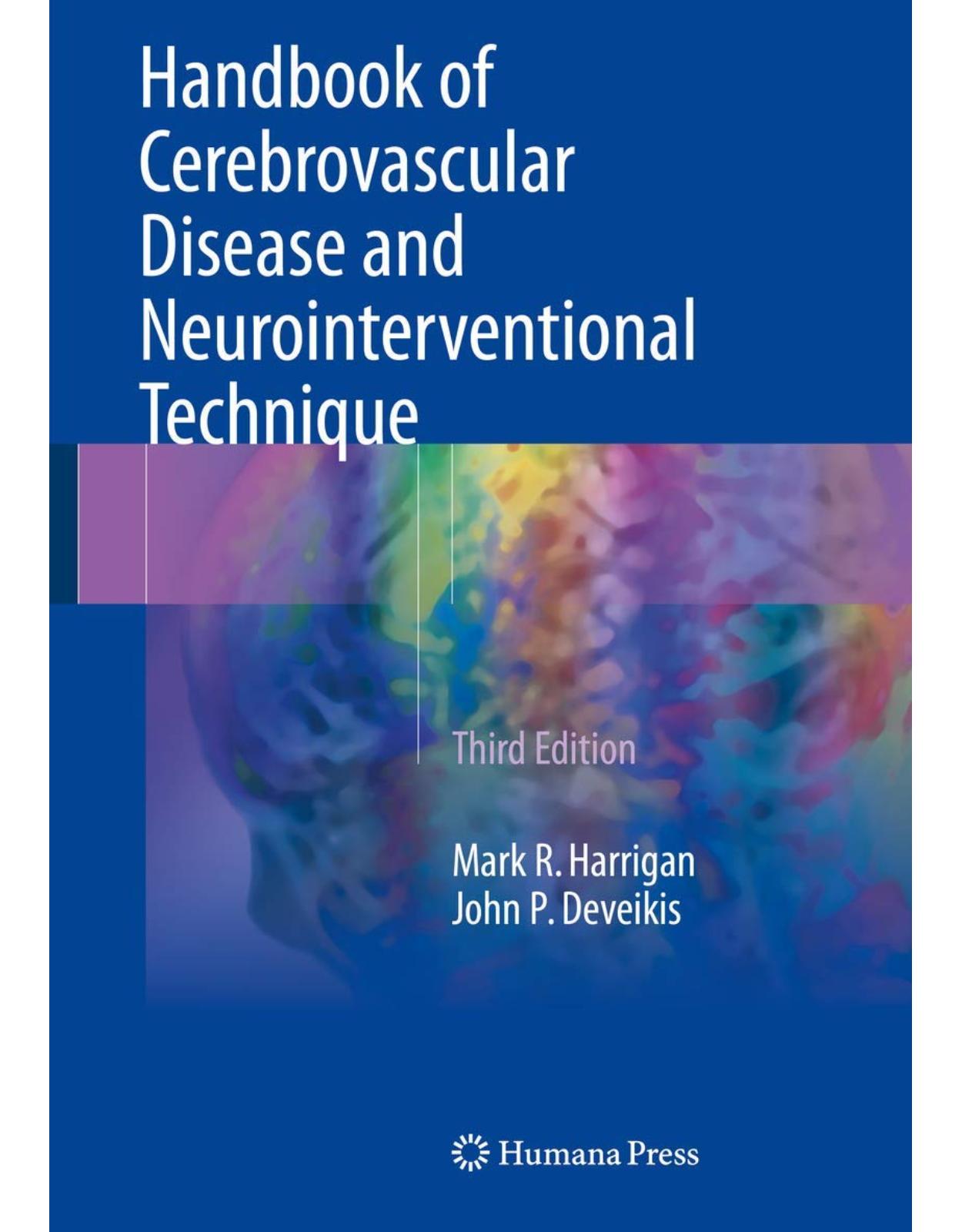

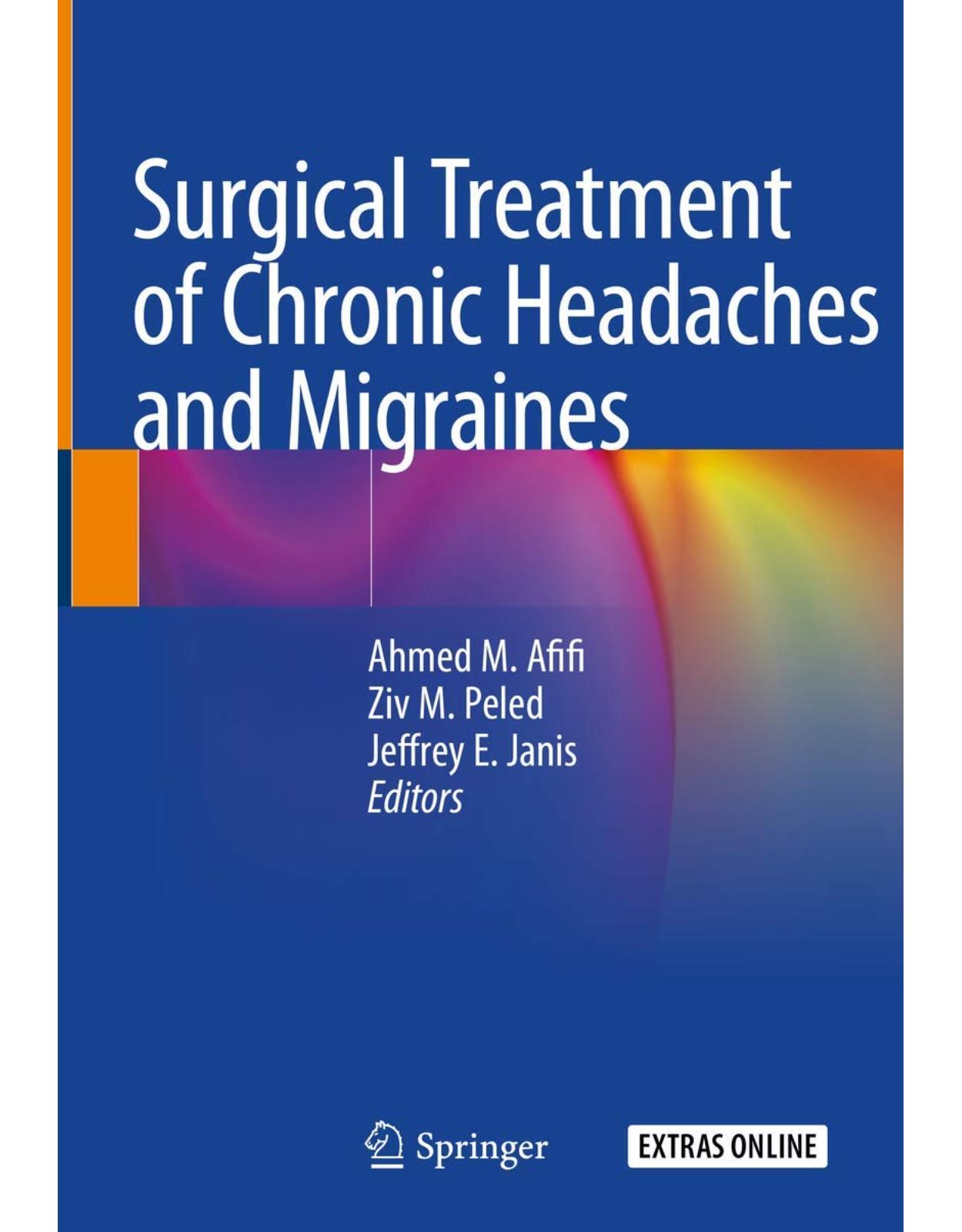
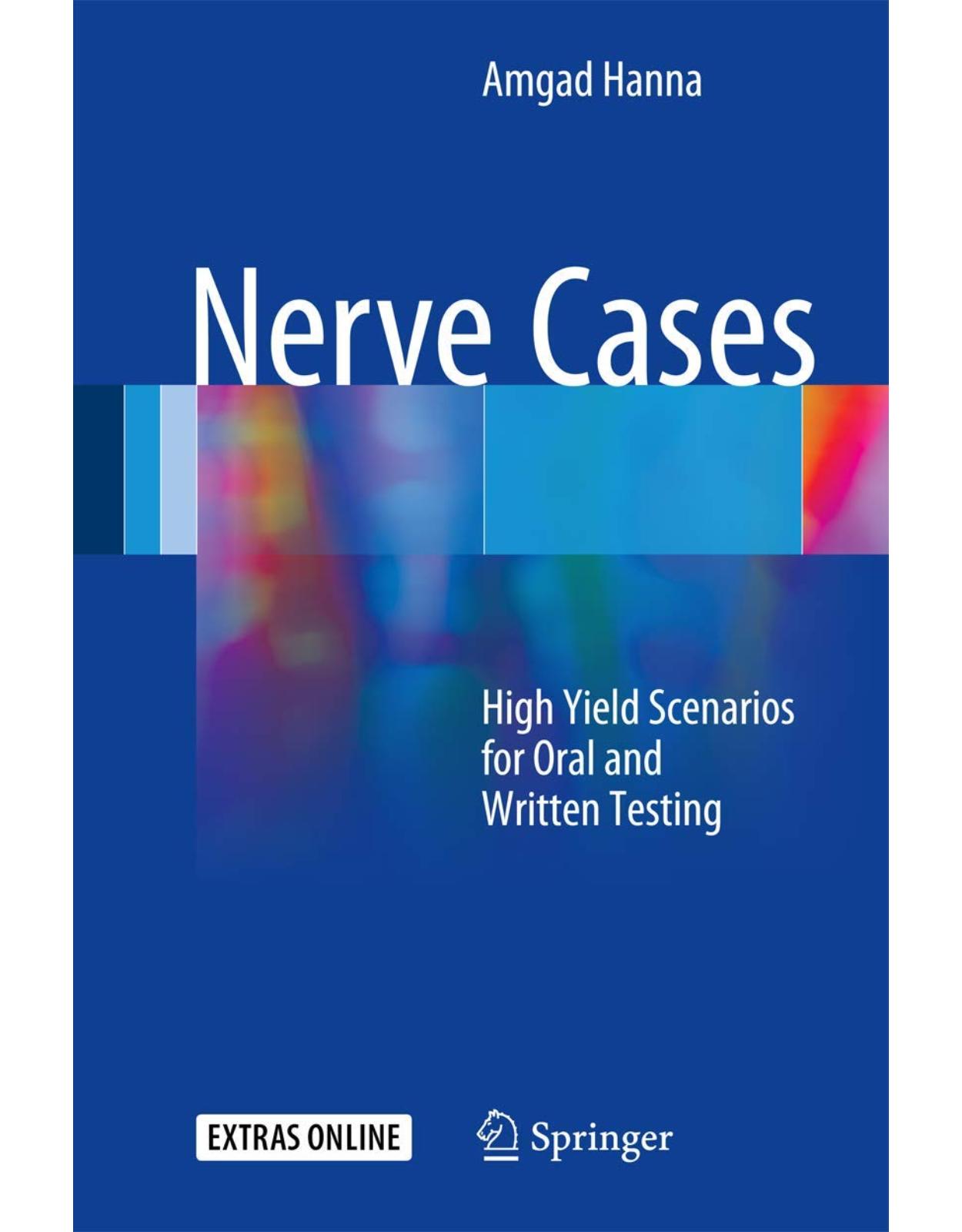

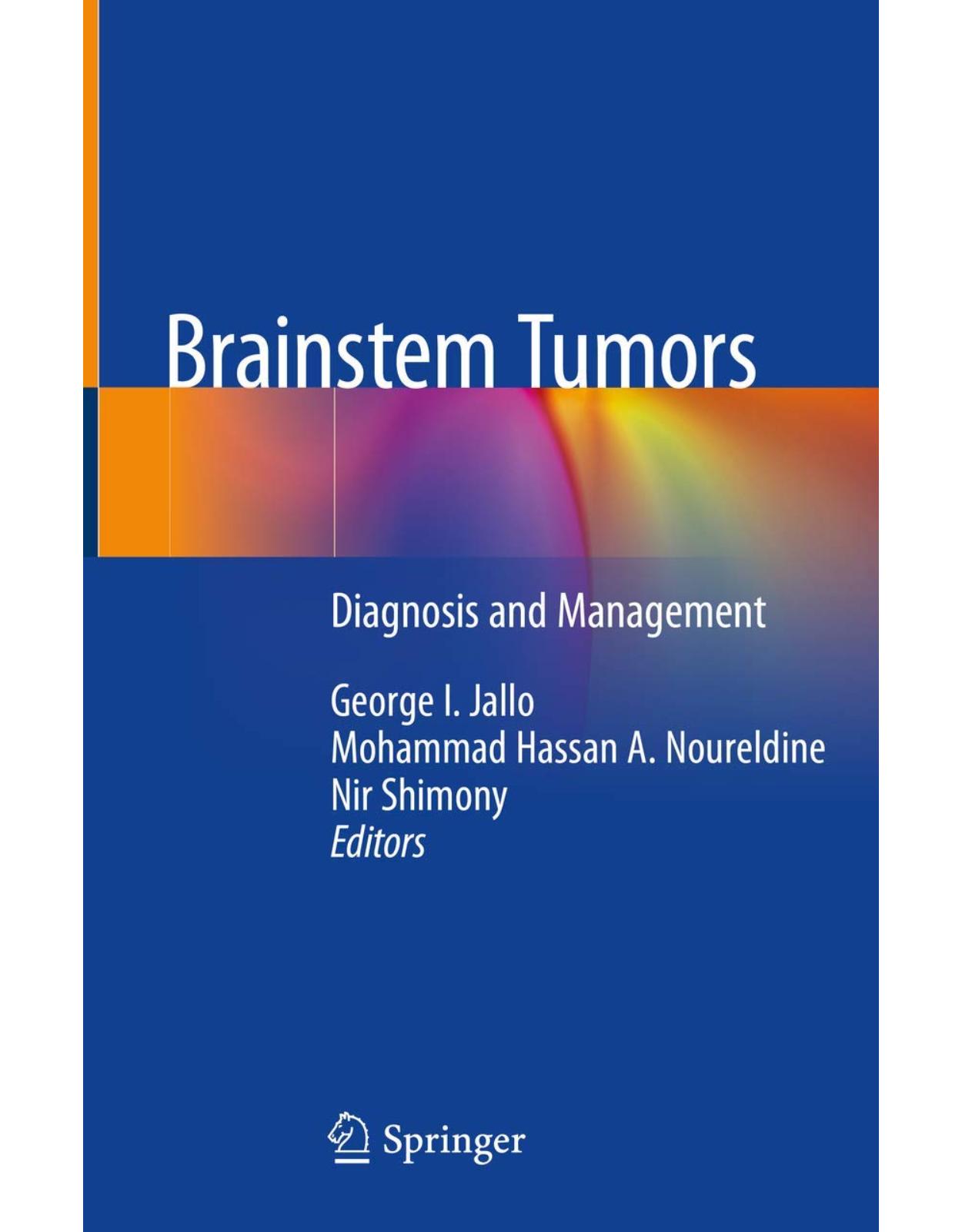
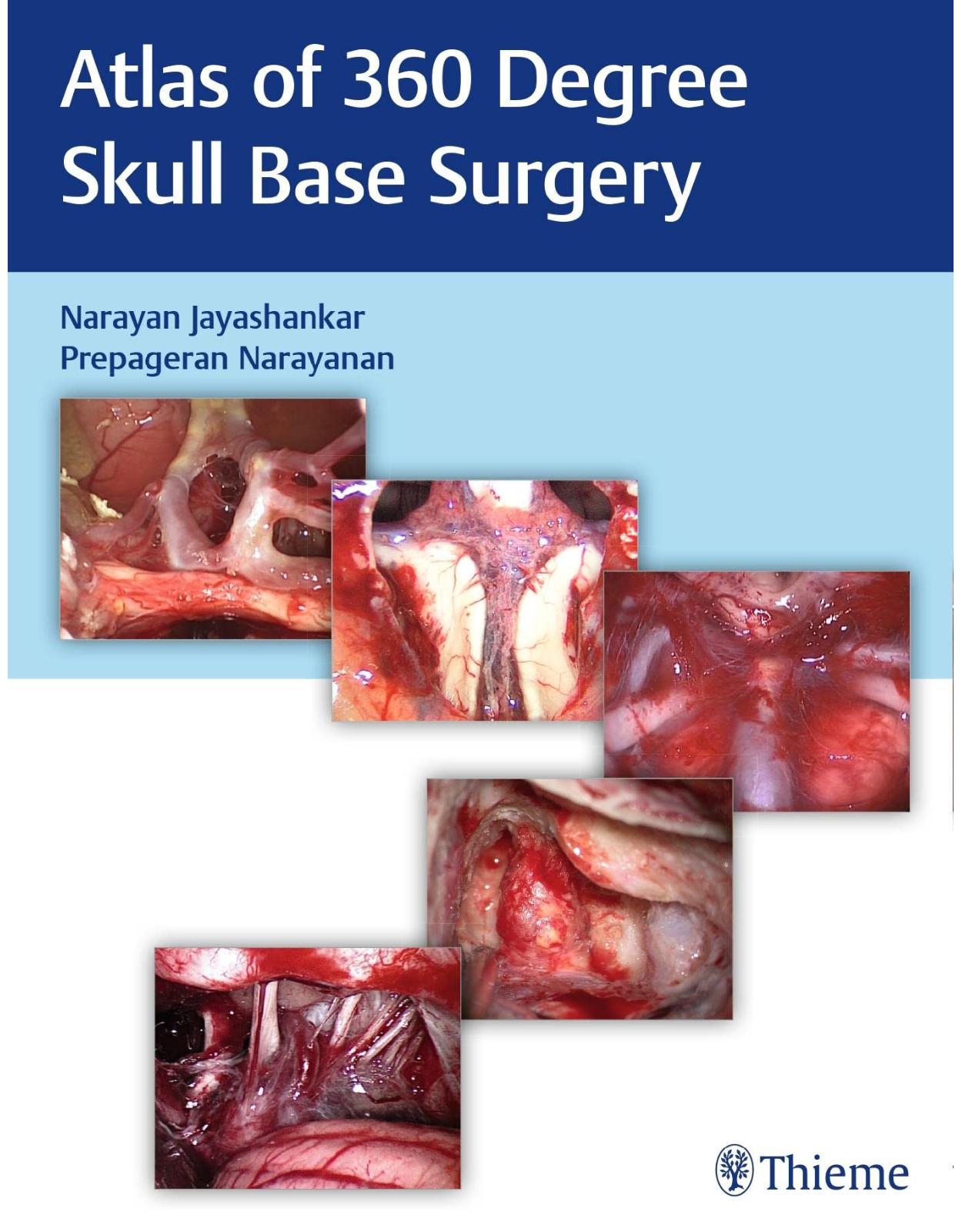
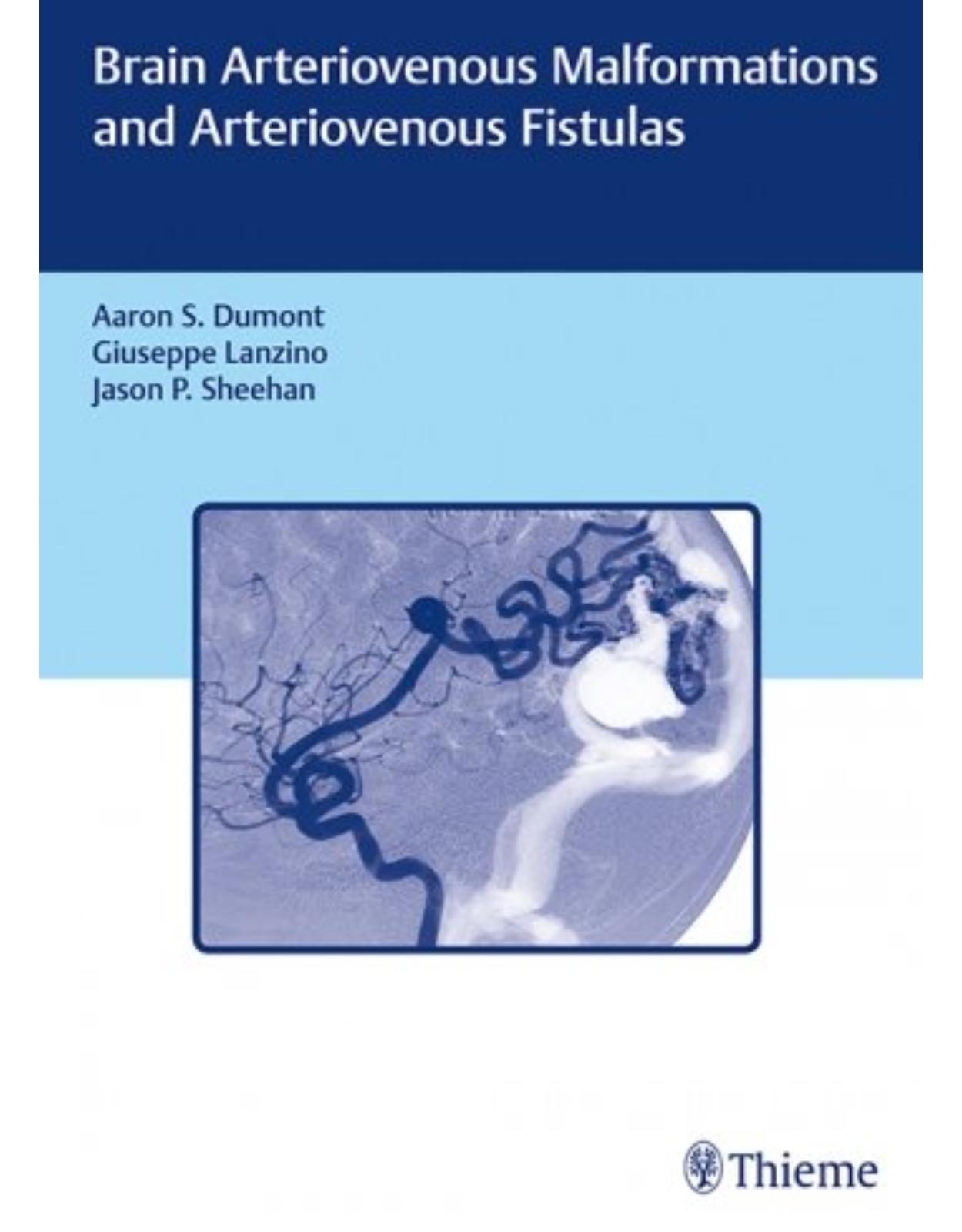


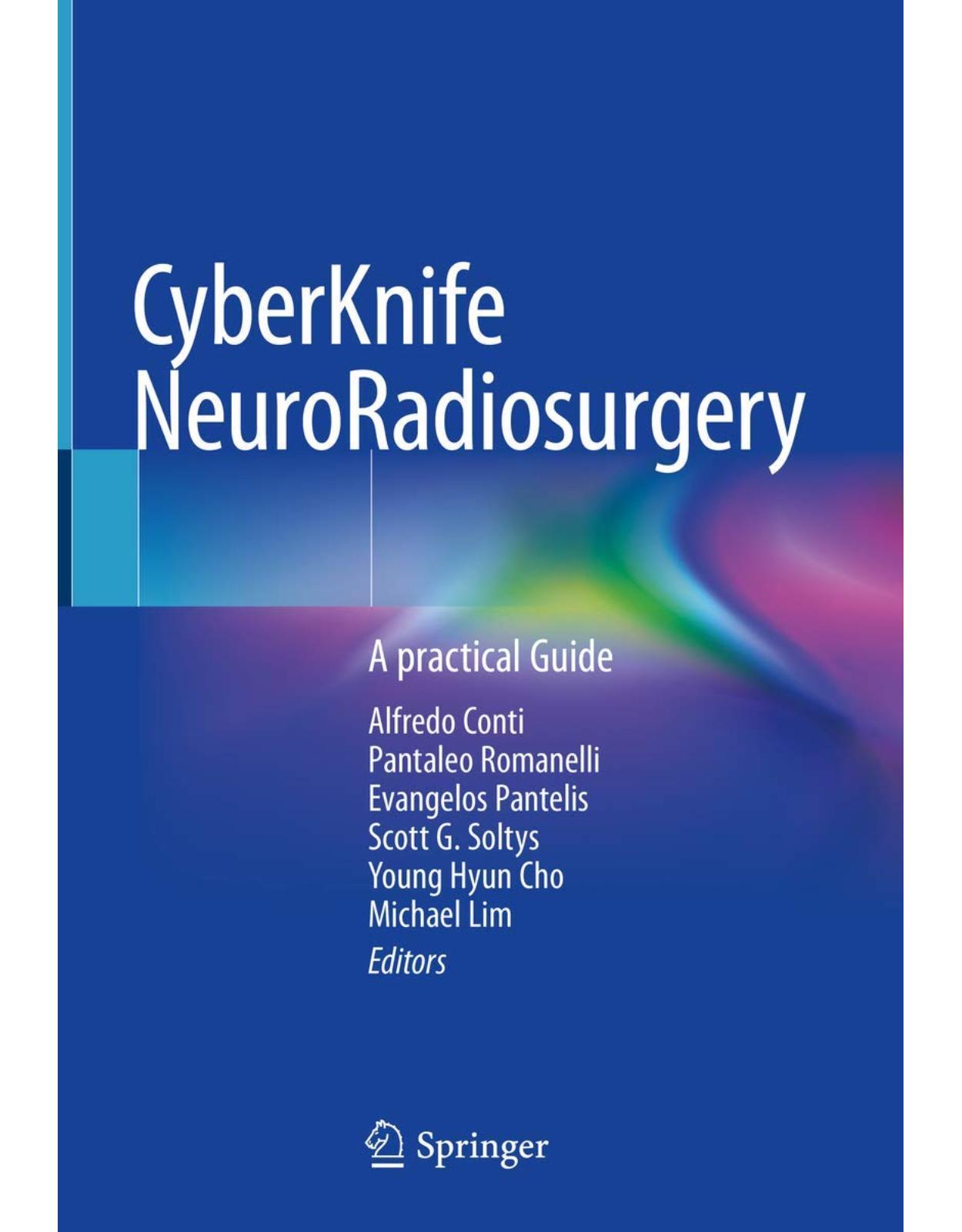


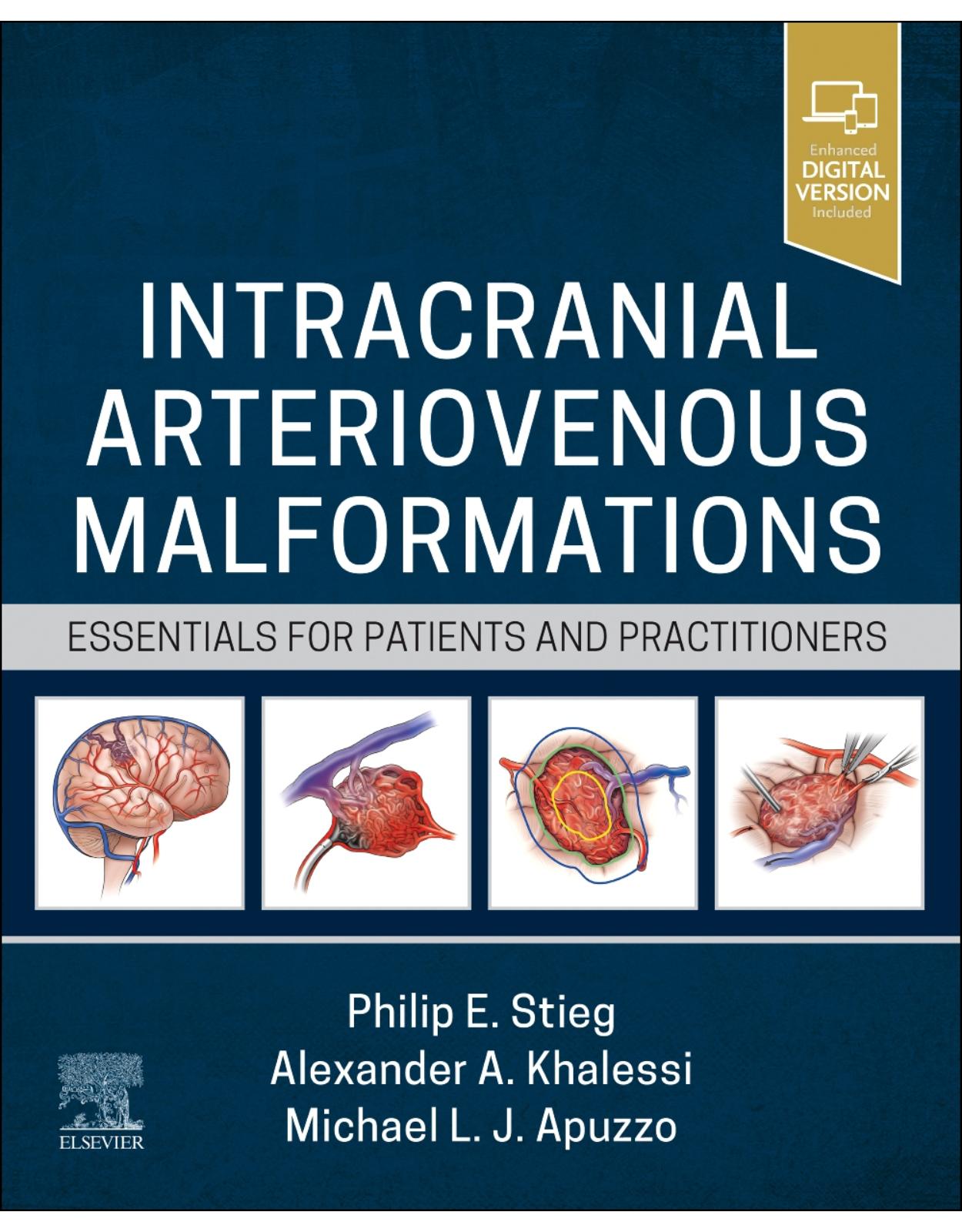
Clientii ebookshop.ro nu au adaugat inca opinii pentru acest produs. Fii primul care adauga o parere, folosind formularul de mai jos.